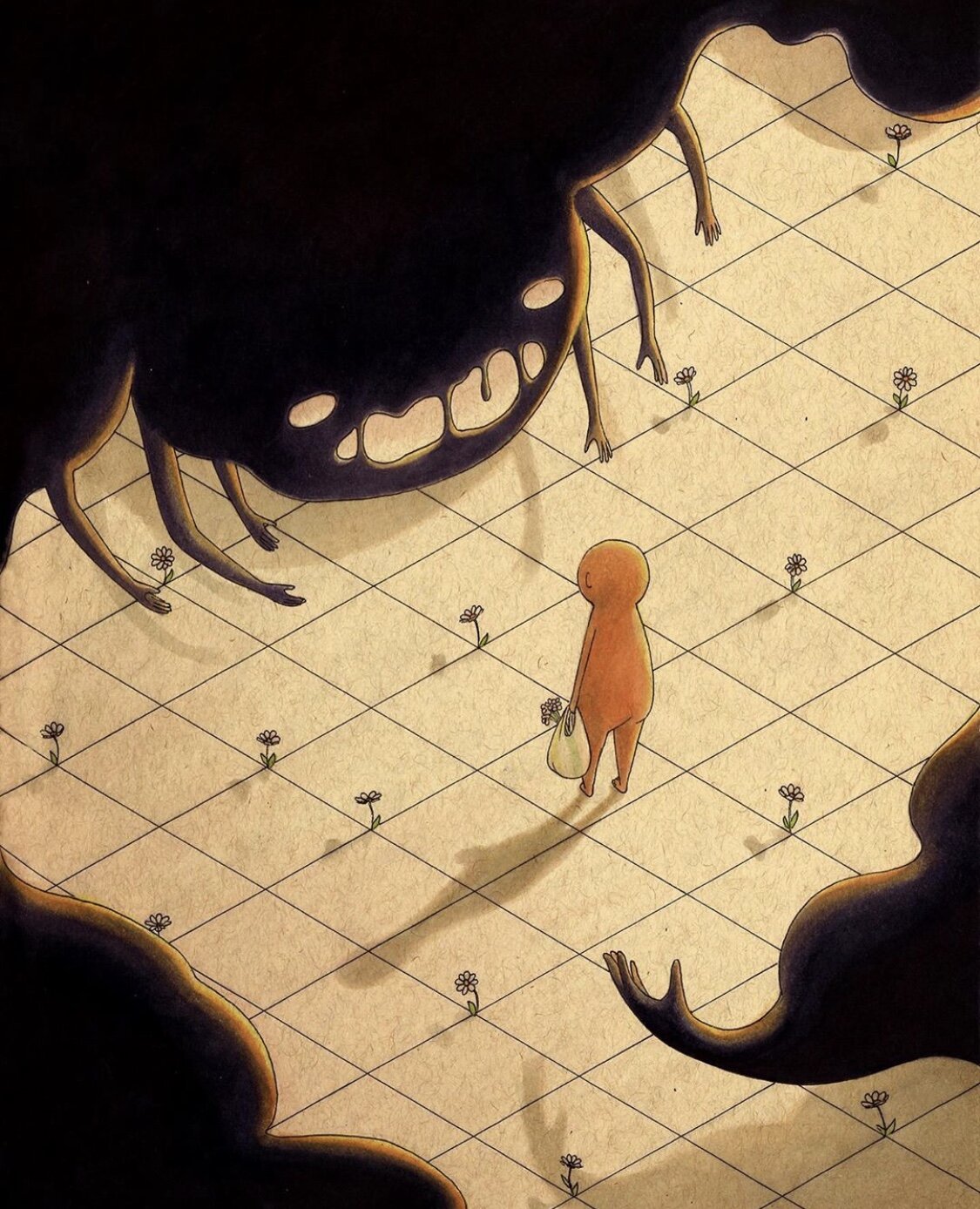As governments around the world impose more stringent measures to contain the spread of the coronavirus (COVID-19) pandemic, a looming global mental health crisis edges closer. Loneliness due to self-isolation triggers mental health issues which augment the effect of the heightened health anxiety resulting from the pandemic.
Health anxiety is prevalent in these exceptional times and, according to the , the people who will have a strong response to the crisis are older people, children and teenagers, people with chronic illnesses, COVID-19 response teams, and people who have mental health conditions. Signs of this stress are disrupted sleep and food schedules, worsening chronic health issues, and fear and worry. Even for people with no preexisting mental health issues, adapting to a novel isolated reality can create an unprecedented mental health complication.
What can be done depends on someone’s role in the situation. If you are a caregiver of an old person, reducing their worry is done through filtering the news they are exposed to and making sure alarmist news sources do not reach them. Informing them about the situation is constructive if done right as it could greatly help them rationalize the events. The same applies to caring for children who most likely experience this fear due to not fully understanding the exact situation we’re living in. It is important to maintain a routine for them at home, to the best of the parents’ and guardians’ abilities, now that schools are closed. If you have a mental health condition, it is critical to continue your treatment, be it medication or therapy which, in the best cases, is being accommodated for virtually.
A lot of the responsibility of alleviating mental health conditions in times of crisis falls on governments. The reasoning follows through from the causality of a mental health crisis. One major factor is economic hardships which the entire world is facing. Lebanon, specifically, is in an especially low economic slump that’s been worsening over the past year, so the lockdown is a hard-hitting blow. The predicted that the ongoing recession will be the steepest of recessions over the past century. Unemployment and pay cuts are rising at alarming rates which deepen the financial instability of low-income households and individuals, leading to worsening mental health and financial trauma.
The role of governments is to provide safety nets for residents who are facing multiple crises. Tenants worldwide are calling for a rent-strike or a government initiative to suspend rent payments until people are able to have a steady income again. Additionally, workers rights need to be protected. This is done through measures taken to ensure that workers, whether daily-wage or not, are paid a full month’s salary in order to preserve their livelihood. Providing viable plans for accessible healthcare also helps in reducing health anxieties concerning the coronavirus. People want to know that in the case of contracting the virus, they have a healthcare system to rely on regardless of their health insurance.
For people in isolation, emotions are often turbulent and gearing towards a depressive state. So what can be done? Finding a routine is essential, especially when it is so easy to lose sense of time itself. Stick to a previous routine or come up with a new one, but maintain a healthy sleep schedule and work around that. Try to retain some form of normalcy like exercising a few days a week if you find that relaxing. Take care of your health and be attentive to your needs and the needs of others. The good news is that we are living in an age of strong virtual connection which helps us keep our social network intact. Check up on your peers and people in your community in case they might be needing you, and, of course, reach out when you need them! An important thing to keep in mind is the media that you are consuming. The constant flow of news is detrimental to our mental health as it adds to the chronic stress we might be experiencing. Try to check news sources a limited number of times a day, and make sure to only follow trusted sources that present facts, not rumors. If you sense that your mental health is worsening, get in touch with local mental health organizations who will provide you with the right resources. If you live in Lebanon, you might consider contacting the Embrace LifeLine at 1564.
I know what is previously mentioned is easier said than done. Most days it’s hard to follow a routine, bake the perfect cinnamon rolls (a quarantine favorite), or simply attend an online class in bed. We are going through a constant stage of learning and unlearning, so remember to be gentle with yourselves and others.
Additional Reading:
- World Health Organization (WHO) – Mental health and psychosocial considerations during the COVID-19 outbreak
https://www.who.int/docs/default-source/coronaviruse/mental-health-considerations.pdf?sfvrsn=6d3578af_2 - National Alliance on Mental Illness (NAMI) – Updates on the Coronavirus
- NAMI – COVID-19 Resource and Information Guide
- Journal article – The psychological impact of quarantine and how to reduce it: rapid review of the evidence





